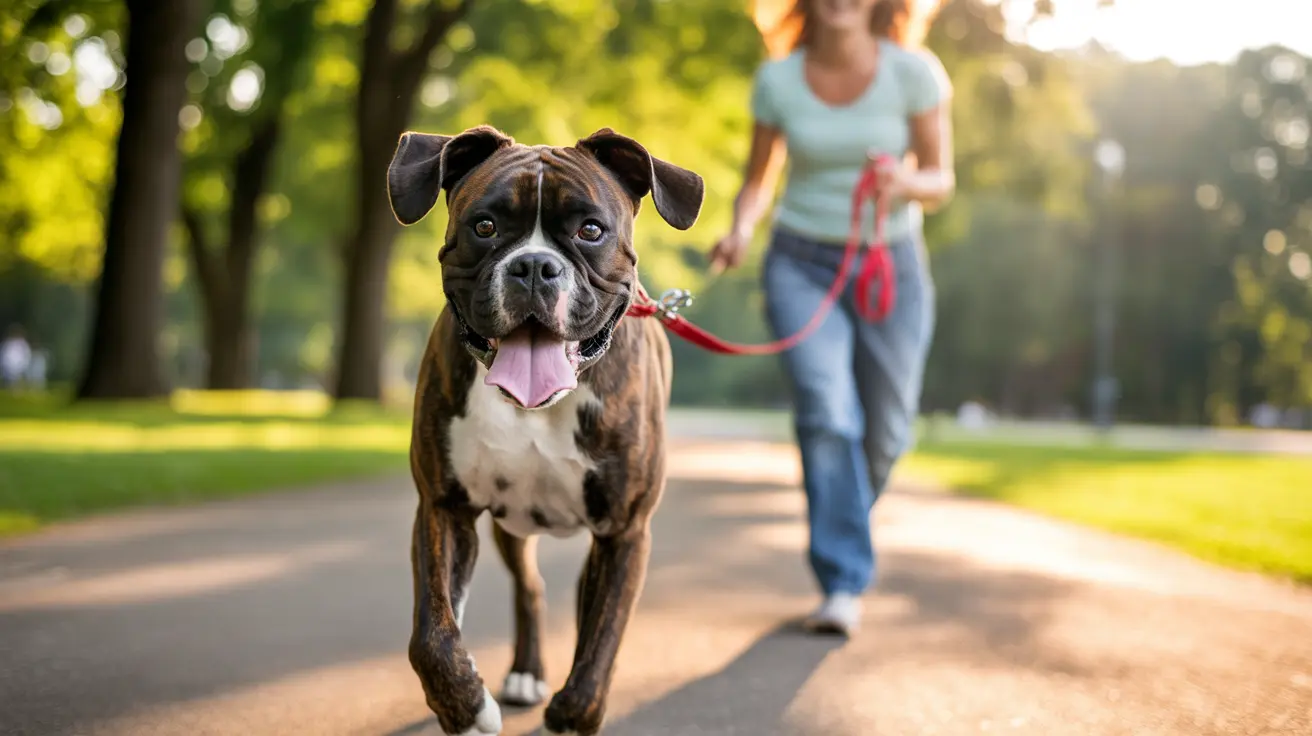Basset Hounds have earned a reputation as one of the most laid-back dog breeds, often being labeled as "lazy." However, there's more to these charming, low-slung canines than meets the eye. While they may prefer lounging over vigorous activity, understanding their unique physiology and natural tendencies is crucial for proper care.
In this comprehensive guide, we'll explore whether Basset Hounds are truly lazy or if their relaxed demeanor is simply a reflection of their breeding and physical structure. We'll also discuss how to keep these beloved companions healthy and active in ways that suit their distinctive build.
Understanding Basset Hound Energy Levels
Basset Hounds typically display low to moderate energy levels, requiring about 20-60 minutes of daily exercise. This characteristic isn't necessarily laziness but rather a natural result of their unique physical structure and historical breeding purpose.
These dogs were bred for endurance rather than speed, designed to track scents over long distances at a steady pace. Their short legs and heavy bodies make them naturally inclined toward more measured movements rather than bursts of high energy.
Physical Characteristics That Influence Activity
The Basset Hound's distinctive physical traits significantly impact their activity levels and exercise capabilities:
- Short, sturdy legs due to achondroplasia (dwarfism)
- Heavy bone structure and muscular body
- Long, low-set frame
- Substantial weight (40-65 pounds on average)
These physical characteristics mean that while Basset Hounds aren't lazy by nature, they are built for endurance rather than athleticism. Their body structure makes high-impact activities challenging and potentially harmful.
Appropriate Exercise and Activities
Despite their relaxed nature, Basset Hounds do need regular exercise to maintain good health. The key is choosing activities that match their physical capabilities:
- Daily walks at a comfortable pace
- Scent-tracking games and activities
- Gentle play sessions
- Mental stimulation through puzzle toys
- Swimming (under careful supervision)
It's crucial to avoid exercises that could strain their joints or back, such as jumping or running up and down stairs frequently.
Managing Weight and Health
Basset Hounds have a tendency to become overweight, which can be mistaken for laziness. Their food motivation, combined with lower activity levels, makes weight management crucial:
- Monitor food portions carefully
- Establish regular feeding schedules
- Choose high-quality, appropriate dog food
- Regular veterinary check-ups
- Consistent, moderate exercise routine
Mental Stimulation and Enrichment
While Basset Hounds may not be highly energetic, they need mental stimulation to prevent boredom and maintain good behavior. Consider these enrichment activities:
- Nose work games
- Food puzzles
- Basic obedience training
- Interactive toys
- Socialization with other dogs
Frequently Asked Questions
Are Basset Hounds really lazy dogs or do they just have low energy levels?
Basset Hounds aren't inherently lazy; they have naturally low to moderate energy levels due to their physical build and breeding purpose. Their seemingly lazy behavior is actually an energy-conserving trait developed for long-distance tracking.
How much daily exercise does a Basset Hound need to stay healthy?
Basset Hounds need 20-60 minutes of daily exercise, typically divided between walks and gentle play. This should be moderate activity that doesn't strain their unique body structure.
What types of activities are best suited for a Basset Hound's physical abilities?
The best activities for Basset Hounds include leisurely walks, scent-tracking games, gentle play sessions, and swimming under supervision. Avoid high-impact activities that could stress their joints.
How can I prevent my Basset Hound from becoming overweight due to their low activity?
Prevent weight gain through portion control, regular feeding schedules, appropriate food choices, and consistent moderate exercise. Regular veterinary check-ups can help monitor weight and adjust care as needed.
Why do Basset Hounds tend to prefer lounging but still need mental stimulation?
While Basset Hounds naturally conserve energy, they still need mental engagement to prevent boredom and maintain good behavior. Their hunting heritage means they enjoy activities that challenge their powerful sense of smell and problem-solving abilities.
Conclusion
While Basset Hounds may appear lazy, their relaxed nature is actually a combination of breed characteristics, physical structure, and historical purpose. Understanding these factors helps owners provide appropriate care and exercise that keeps their Basset Hounds healthy and happy without overexertion.
By balancing physical activity with mental stimulation and maintaining proper weight management, owners can ensure their Basset Hounds live fulfilling lives while embracing their naturally laid-back personalities.






